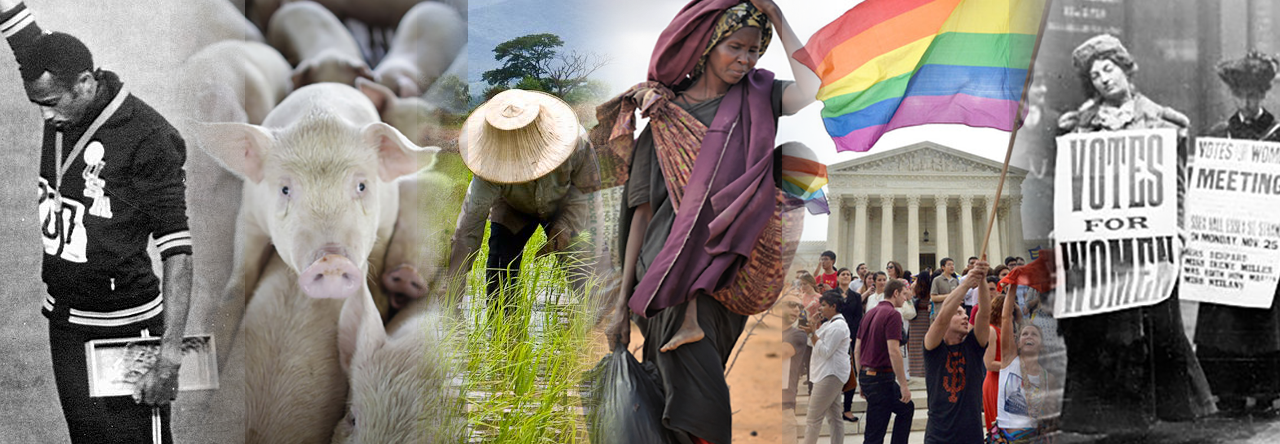While Justice Everywhere takes a short break over the summer, we recall some of the highlights from our 2020-21 season.
Here are three good reads on issues relating to children and upbringing that you may have missed or be interested to re-read:
- Anca Gheaus’s post, Having Slaves and Raising Children, which discusses just how far one may push the analogy between holding slaves and raising children in a world like ours, which has not yet fully outgrown the long tradition of denying rights to children.
- Daniela Cutas and Sabine Hohl’s post, which explores the question: What Do Co-Parents Owe Each Other? (This post is part of our ongoing collaboration with the Journal of Applied Philosophy.)
- Helen McCabe’s guest contribution, Ending Child Marriage in the UK, which examines the philosophical dimensions of a recent bill proposing to raise the minimum age of marriage in England, Wales and Northern Ireland to 18 – namely, questions about what decisions people should be permitted to make at 16, and about the balance between maximising people’s options and protecting a small number from significant harm.






